Are common ethical rules for judges, advocates and prosecutors possible?
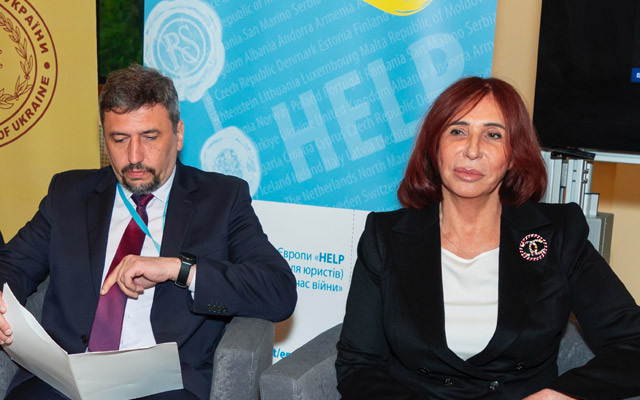
The advocate, prosecutor and judicial communities have already tried to create ethical rules that are common to the legal professions. So far, this has not been successful. But the topic is interesting and deserves in-depth study.
The Council of Europe's HELP (Human Rights Education for Legal Professionals) program has launched a course in Ukraine: «Ethics for Judges, Prosecutors and Advocates. The course aims to define key concepts of legal professions and understand common values, ethical principles and virtues». The lecturers are experts from the National School of Judges of Ukraine, the Higher School of Advocacy, and the Training Center of Prosecutors of Ukraine.
Representatives of the Ukrainian National Bar Association took part in the opening of the project.
Lidiya Izovitova, the President of the UNBA, BCU drew attention to the problem of different understanding and application of the same substantive and procedural law by judges, lawyers and prosecutors. That is why the bar proposed to hold joint classes. However, these requests have not been answered for a long time. However, the need for joint action in this area is confirmed by the Constitution, which mentions these three professions responsible for justice in Ukraine in Section VIII. Therefore, the need to join forces to work on ethics issues is natural. Therefore, this course of the HELP program is extremely relevant.
Different tasks of the institutions operating in the justice system and different oaths of office for professionals - do they lead to differences in the rules of conduct for their representatives? Can ethics be built on the same principles, or should we clearly distinguish between ethics for prosecutors, ethics for judges, and ethics for lawyers? According to L. Izovitova, we need to look for something in common.
She also emphasized the dangerous tendency of political forces and the media to influence the behavior of judges, lawyers and prosecutors in specific proceedings. And this is disastrous both for justice and in terms of human rights protection, as it affects the basic principle of independence of activity.
L. Izovitova recalled that in September 2018, the Council of Judges, the Council of Prosecutors, and the Ukrainian National Bar Association signed a resolution on «Professional Ethics of Justice». But the attempt to find a consensus remained only good intentions. Therefore, she expressed hope that today's course will be a practical step towards understanding for the sake of a common goal - fair justice in our country.
Hanna Lazarchuk, a member of the Ukrainian Bar Association from Rivne region, drew attention to the primary purpose of creating all ethical rules (Rules of Attorney Ethics, Code of Professional Ethics and Conduct of Prosecutors, Code of Judicial Ethics). She emphasized that these rules exist not so much to protect professional rights as to protect human rights: the accused or suspect in criminal proceedings, or the plaintiff or defendant in civil proceedings. The most important thing is a person, his or her life and health, honor and dignity, inviolability and security. And we act and fulfill our professional duties in order to affirm this highest social value.
Popular news

Discussion
Why lowering the age of marriage lacks legal logic
Although until 2012 there was a provision in family law that allowed children to marry from the age of 14 under certain circumstances, its return to Ukrainian law would contradict international obligations and the logic of criminal law.

Self-government
A report on Ukrainian advocacy was presented in the European Parliament
Can a shadow report on advocacy replace the political framework of the Roadmap on the rule of law with demands for the restructuring of self-government? Where is the line between accountability and the seizure of institutions? And how can we respond to narratives with data rather than impressions?
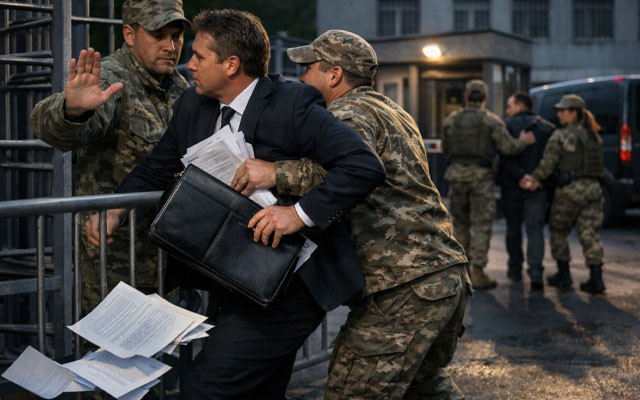
Guarantees of the practice of law
Proceedings opened following attack on advocate in Dnipro
The Committee for the protection of advocates' rights and guarantees of legal practice of the UNBA appealed to law enforcement agencies in connection with an advocate's report of an attack while performing his professional duties. The information was entered into the Unified Register of Pre-trial Investigations and a pre-trial investigation was initiated.
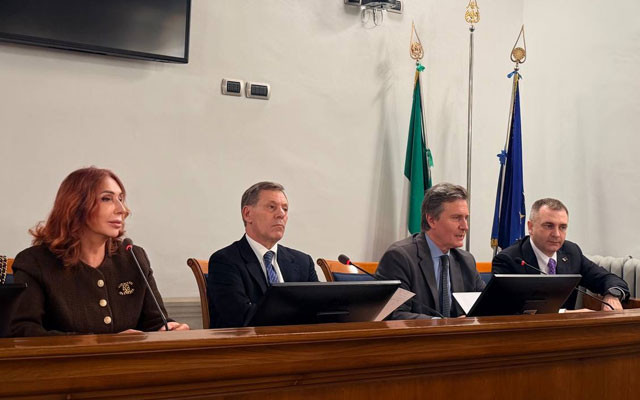
Interaction
«With us — to Europe»: Italian advocacy supports UNBA initiatives
On January 30, a meeting was held in Rome between a delegation from the Ukrainian National Bar Association and the National Bar Council of Italy (Consiglio Nazionale Forense, CNF) on the standards and practices of the legal profession and their significance for Ukraine's European integration process.
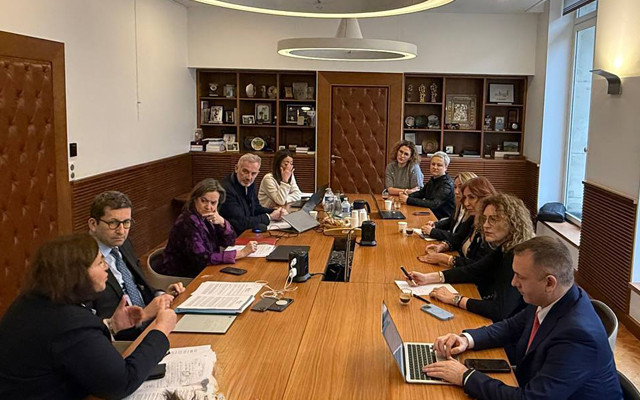
Interaction
France confirms cooperation with UNBA on reforms in the field of the rule of law
On January 29, a working meeting between representatives of the Ukrainian National Bar Association and the French National Bar Council (Conseil National des Barreaux, CNB) took place in Paris.
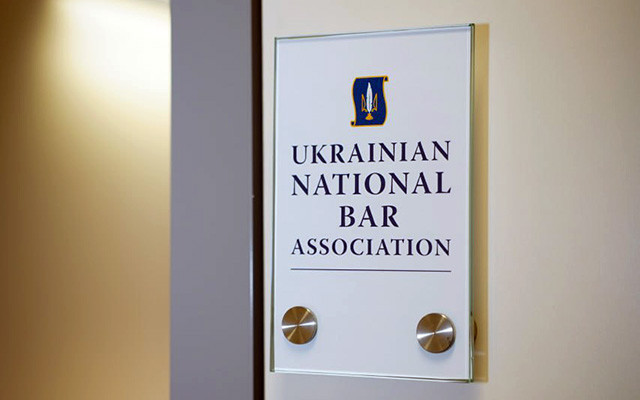
Abroad
UNBA office opens in EU capital
To strengthen the institutional presence of the Ukrainian advocacy community at the European level, an office of the Ukrainian National Bar Association has been opened in Brussels (Belgium), which will serve as a permanent platform for dialogue with European partners.
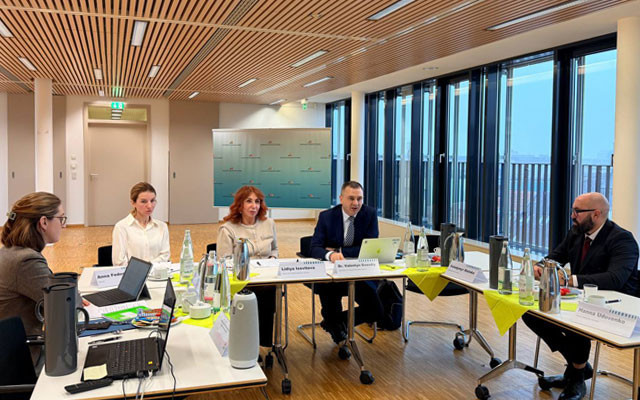
Interaction
UNBA and BRAK discussed European integration priorities and regulation of the profession
On January 26, a meeting was held between representatives of the Ukrainian National Bar Association and the German Federal Bar Association (Bundesrechtsanwaltskammer, BRAK).
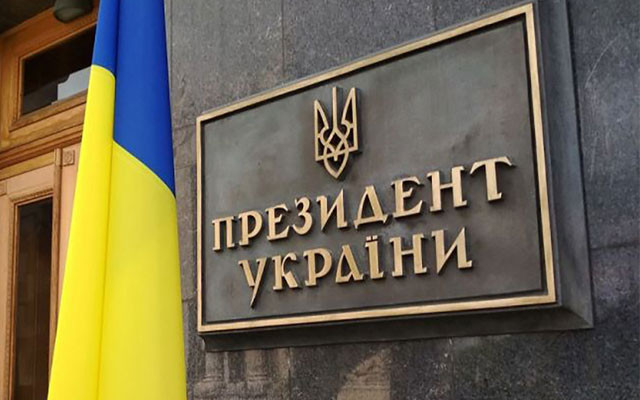
Guarantees of the practice of law
The President was urged to sign the law on strengthening guarantees for advocacy activities
The professional community of advocates called on Ukrainian President Volodymyr Zelenskyy to sign Law No. 4547-IX, which strengthens guarantees for advocates' activities, in particular by introducing liability for identifying an advocate with a client.
Publications

Volodymyr Matsko Extradition as a systemic form of rights violations

Victoria Yakusha, Law and Business The anti-corruption vertical cannot «take care» of the Bar as an institution, - acting head of the HQDCB

Censor.net Protecting advocates – protecting justice: addressing concerns about the new law

Ihor Kolesnykov A BRIEF SUMMARY REGARDING THE APPLICATION OF THE ORDER ON EXTENDED CONFISCATION IN LATVIA REGARDING FINANCIAL ASSETS OF…

Valentyn Gvozdiy WORKING IN A WAR ZONE

Lydia Izovitova Formula of perfection

Sergiy Vylkov Our judicial system is so built that courts do not trust advocates

Iryna Vasylyk Advocacy in the proclamation of Independence of Ukraine
